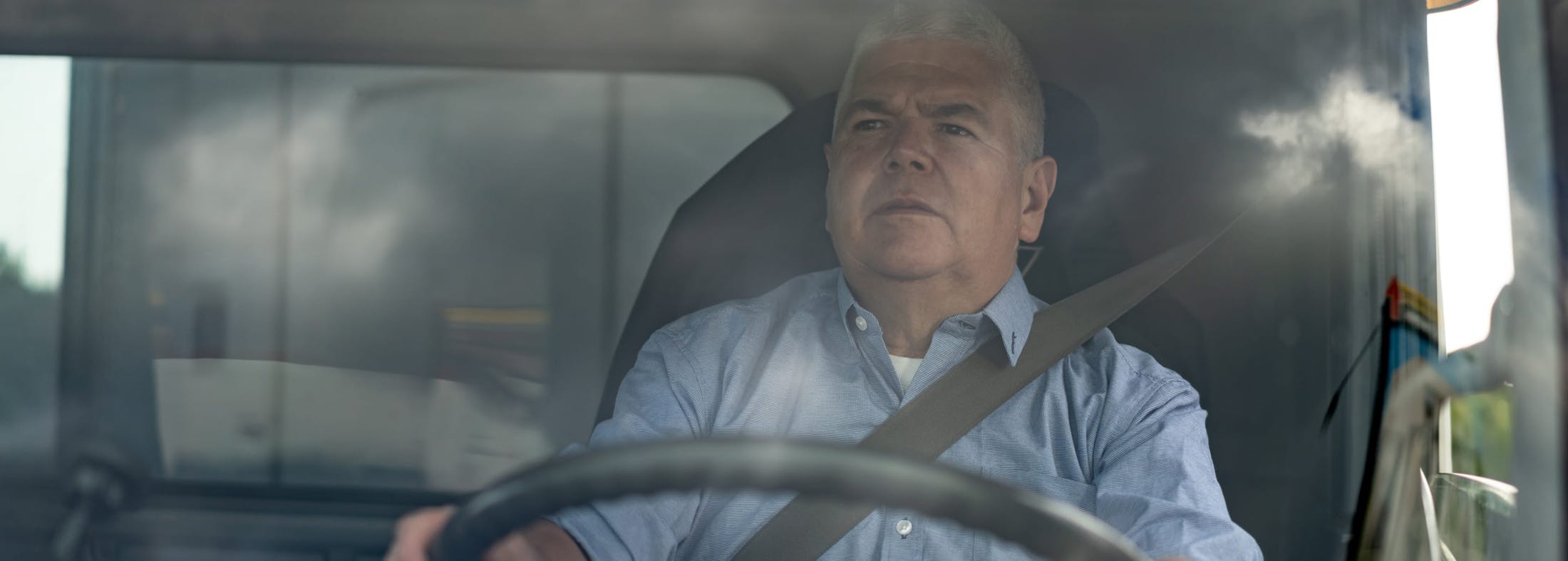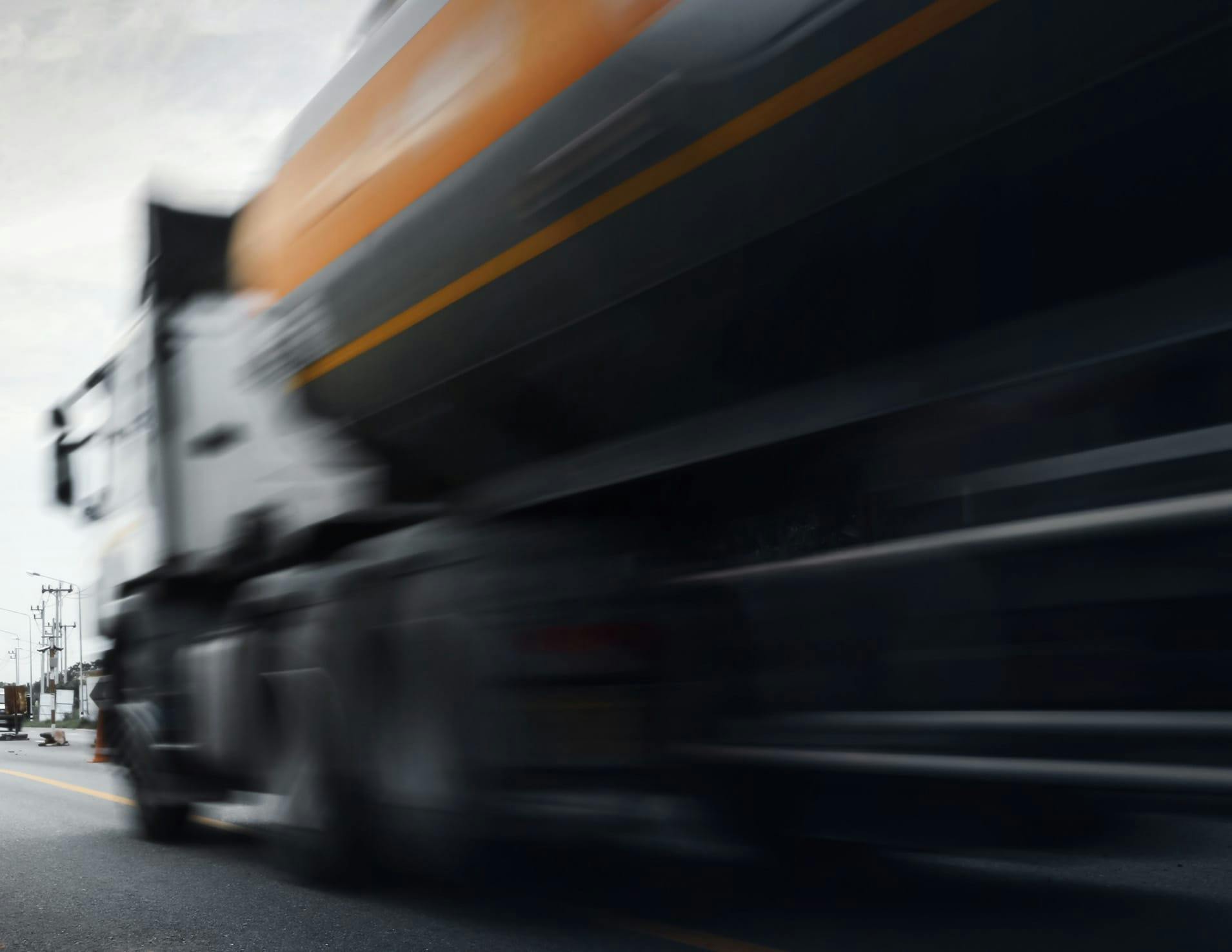Have you been injured in an accident with a commercial truck? If you or someone you know needs a truck accident lawyer in San Jose, The Swanson Law Group can help.
Rear-End Truck Accidents:
A driver who is operating a large commercial truck too fast for the road conditions or who is speeding may be unable to bring the vehicle to a stop fast enough to avoid ramming into a passenger car ahead.
Sideswipe Truck Accidents:
A truck driver may be operating the vehicle unsafely, allowing it to swing into an adjoining lane or changing lanes and impacting a vehicle in another lane, causing a serious or fatal collision.
Underride Truck Accidents:
When another vehicle slides beneath the body of a truck, the vehicle's cabin can be sheared off or crumpled, crushing the driver and passenger.
Our big rig accident lawyers in San Jose are here to help you in your most trying times.












